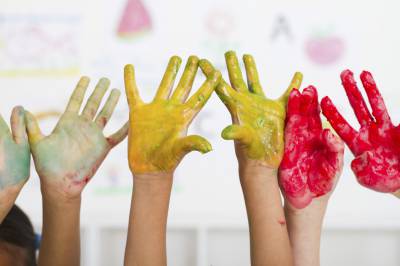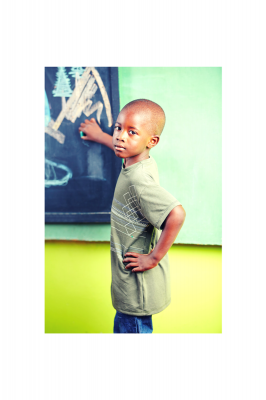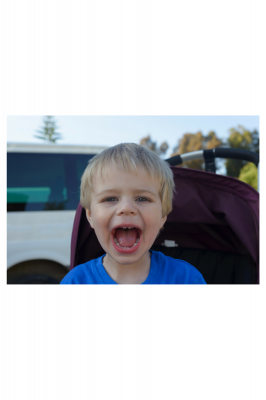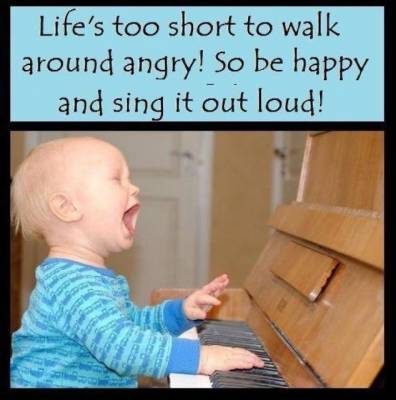
Your average three year old has at least 200-300 words. If you would like to boost your kiddo's vocabulary, there are many easy ways to work vocabulary-building strategies into your day.
1) Categorizing What group does it belong in? Have your child help you put things in their place. This game works well in the grocery store. Fruits, veggies, bread, meats, drinks--which things go together? PS: Your child does not need to know the names of each category, just which things go into each group. Your job is to be a helper and keep it fun.
2) Describing "I spy" is a good starter describing game. It helps kids pay attention to what makes the things around them "same" or "different". Size, shape, color and use (function) are good describers to start. Your job is to make it easy to guess, especially at first. Not being able to spy the item=not fun.
3) Phonemic Awareness Phonemes are the pieces of words that add or change meaning. The word bat, for example, has three phonemes b-a-t. If you change one phoneme, /b/ to /p/ the word becomes "pat". Use rhyming and singing to highlight the patterns in words. Tap or clap out sounds and syllables. Try thinking of all of the words that rhyme with your word. Once again, teamwork is fun. Testing is not. You and your child should explore this together.
I hope this gives you a few ideas that you can work into your day with your child.
What games do you play that help your child talk about the world around them? Visit Circle Speech Services at facebook.com/CircleSpeech to share.





